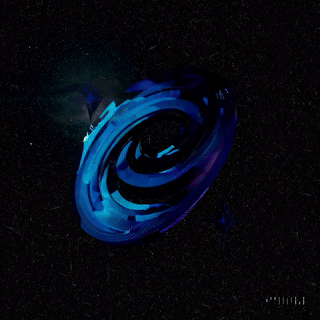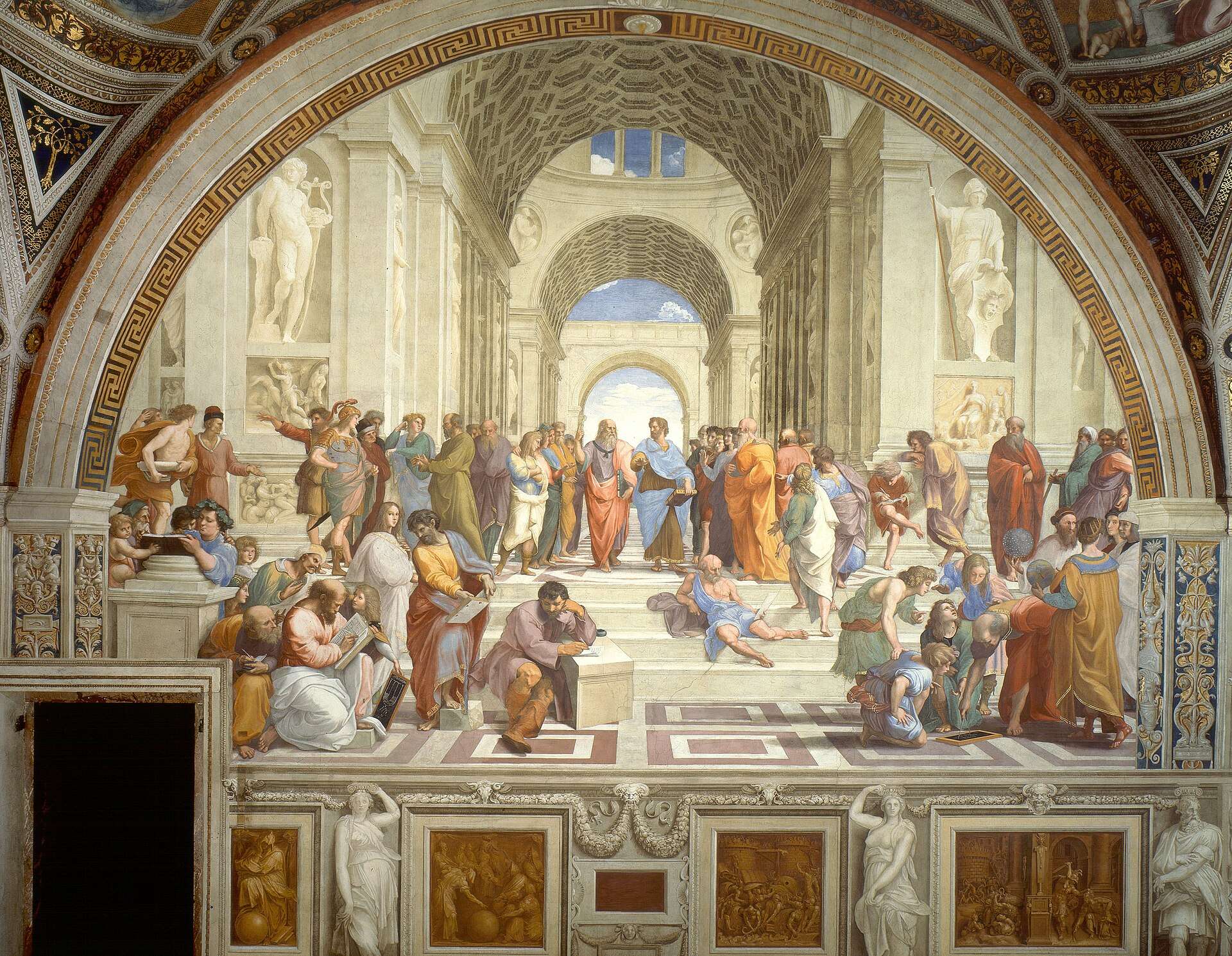the E.T. – Suppression
My latest track is out now via YouTube and elliottelford.com. This is very influenced by the recent events with Elon Musk (Go Fuck Yourself Bob Iger), as well as my generation’s (the millennials and Z’s) conquest for a better world. I hope it gets you excited about the release of Grōk, AI, and the cosmic … Read more

